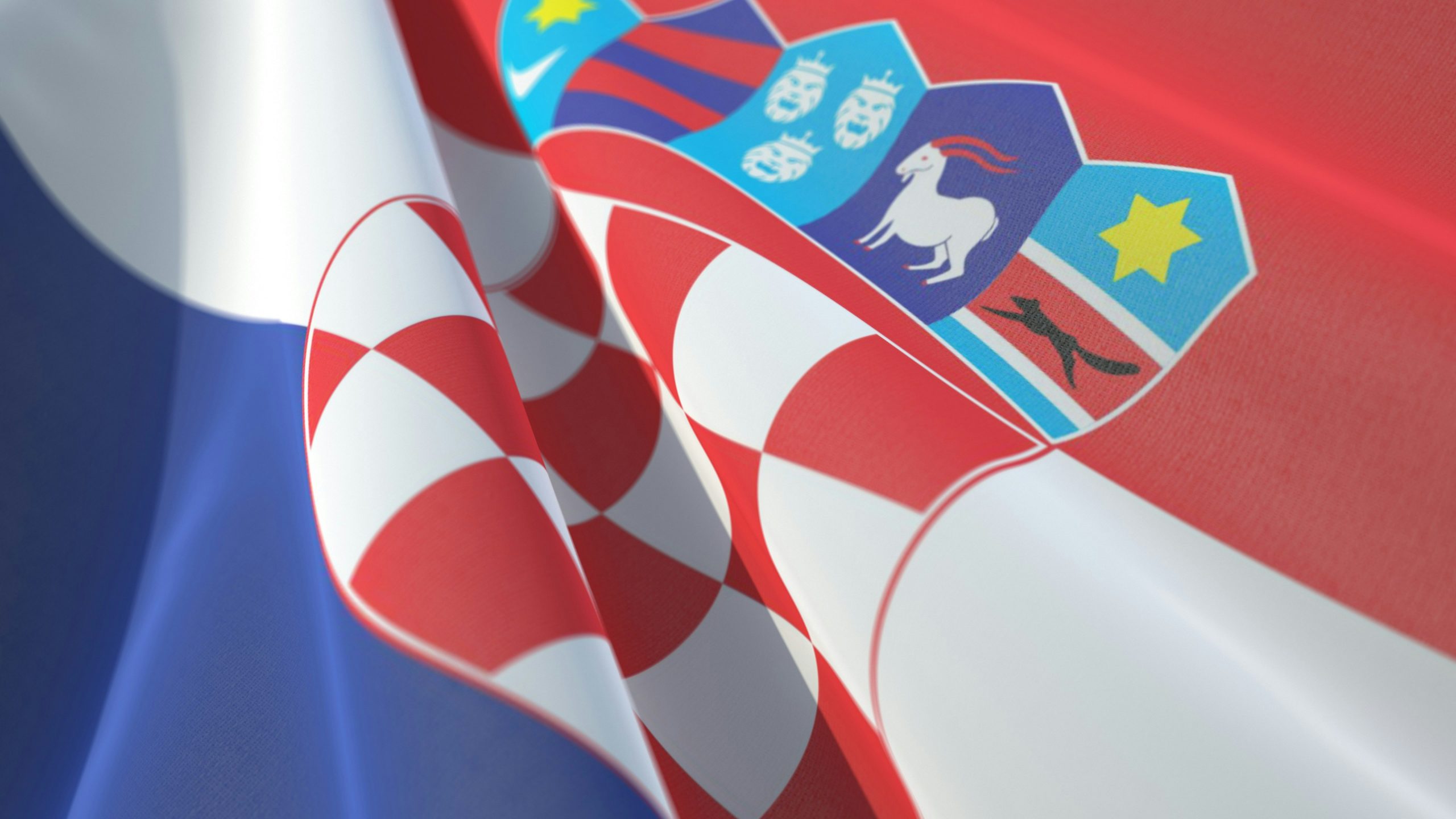Croatian Gambling Reforms Face EU Scrutiny Amid Lobbying Efforts
The European Gambling and Amusement Federation (EUROMAT) is urging the Croatian government to halt its planned reforms in the gambling sector and the associated increase in licensing fees. The request is based on claims that the government has not properly adhered to the procedural guidelines set forth by the European Union.
On Friday, EUROMAT lodged a formal complaint with the European Commission, asserting that Croatia’s recent proposals for reforming gambling laws were not submitted according to the EU’s Technical Regulations Information System (TRIS). This move has sparked a discussion about the potential for these changes to violate EU market regulations.
Lobbyists argue that the proposed reforms—ranging from advertising limitations to mandatory player identification at gambling venues—could be characterized as unfair market restrictions, thus contravening EU laws. “The Croatian government must reconsider its legislative journey and comply with established protocols,” stated EUROMAT president Jason Frost in a public statement. He emphasized that selective adherence to legal requirements undermines the integrity of the EU’s single market, raising concerns among businesses that seek a stable regulatory environment.
As it stands, Croatia’s new gambling regulations were scheduled to take effect in just over a week. The European Commission has initiated contact with Croatian authorities to remind them of their procedural obligations, as per their regulatory framework.
Understanding Croatia’s Reforms
Recently unveiled by Croatian Prime Minister Andrej Plenković, the proposed gambling law seeks to curb gambling addiction, with alarming statistics indicating that 72.9% of high school students in Croatia have gambled at least once. Among this group, approximately 12.9% are flagged as high-risk gamblers.
The revised regulations suggest stringent measures, including a ban on gambling advertisements from 6am to 11pm across various media, along with a ban on endorsements from public figures. Furthermore, the introduction of a self-exclusion register aims to protect vulnerable individuals from potential gambling-related harm.
In response to EUROMAT’s concerns, Filip Jelavic, the General Secretary of the Croatian Gaming Association, remarked that the regulator is open to EU guidance. He underscored the importance of legal compliance and predictability for maintaining market integrity, noting the consequential impact on businesses and citizens if due process is overlooked.
Proposed Tax Adjustments and Rationale
In tandem with regulatory reforms, Croatia also aims to revamp its gambling tax structure, which will see online operators facing a steep increase in licensing fees—up 50% to €398,168—while land-based casinos are expected to see their fees rise to €600,000. Betting shops will also experience an adjustment, with their fees increasing from €132,722 to €200,000.
Marko Tomic, a partner at Siketić & Tomić law firm, mentioned that the Croatian government is responding to intense political pressure to strengthen regulations due to rising interest from international gaming operators. The government is committed to addressing illegal gambling operations, focusing on tax revenue protection.
Tackling Illegal Gambling and Payment Solutions
To combat illegal gambling, the Croatian government plans to partner with financial institutions and payment providers. Tomic indicated that efforts will be concentrated on financial transactions, specifically targeting suspicious activities linked to unlicensed operators. The government has already implemented an IP blockade that currently restricts access to over 900 gambling websites.
While these reforms are set to be implemented by January 2026, EU oversight may potentially delay their rollout. If enacted, Croatia’s updated regulations would align it with a growing number of EU countries tightening their gambling laws. For instance, Ireland recently launched its own gambling regulator and instituted a ban on advertising during key morning and evening hours to safeguard children and vulnerable populations. Similarly, the UK is revising its regulations to enforce stricter online gambling controls.
As Croatia navigates its reform landscape, the balancing act between regulation, legality, and market stability will be critical to its success in addressing both addiction and illegal activities within the gambling sector.
